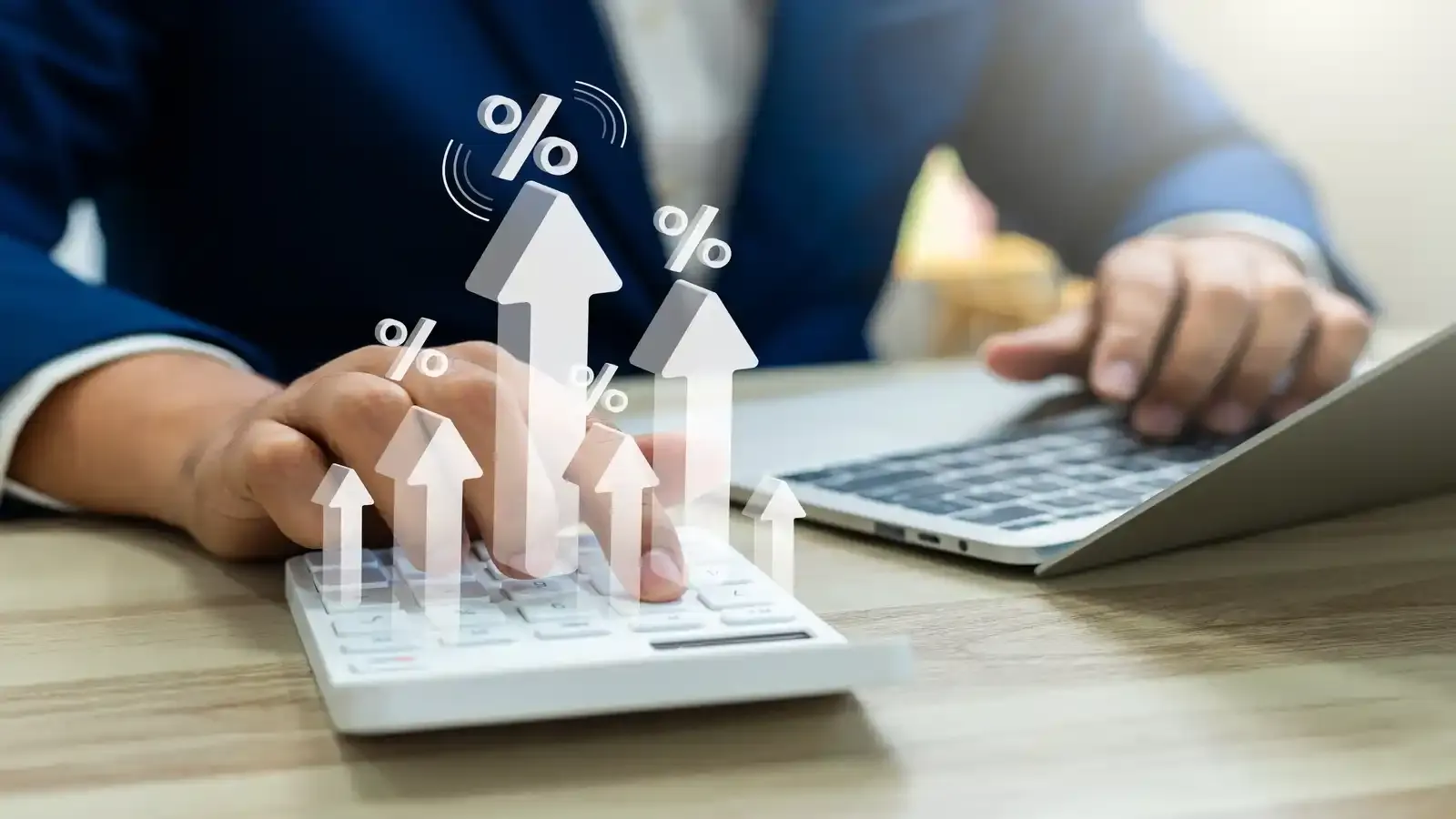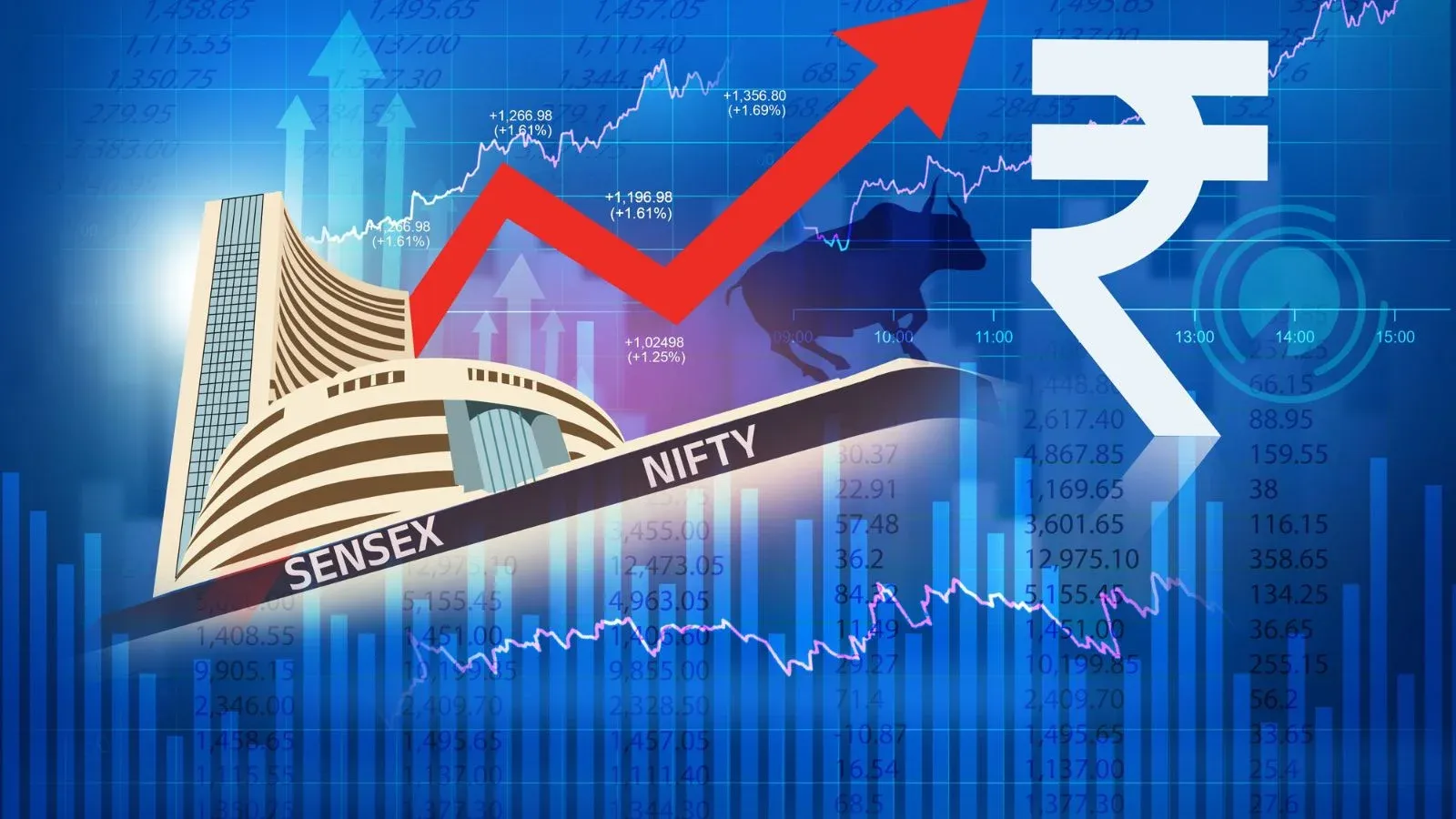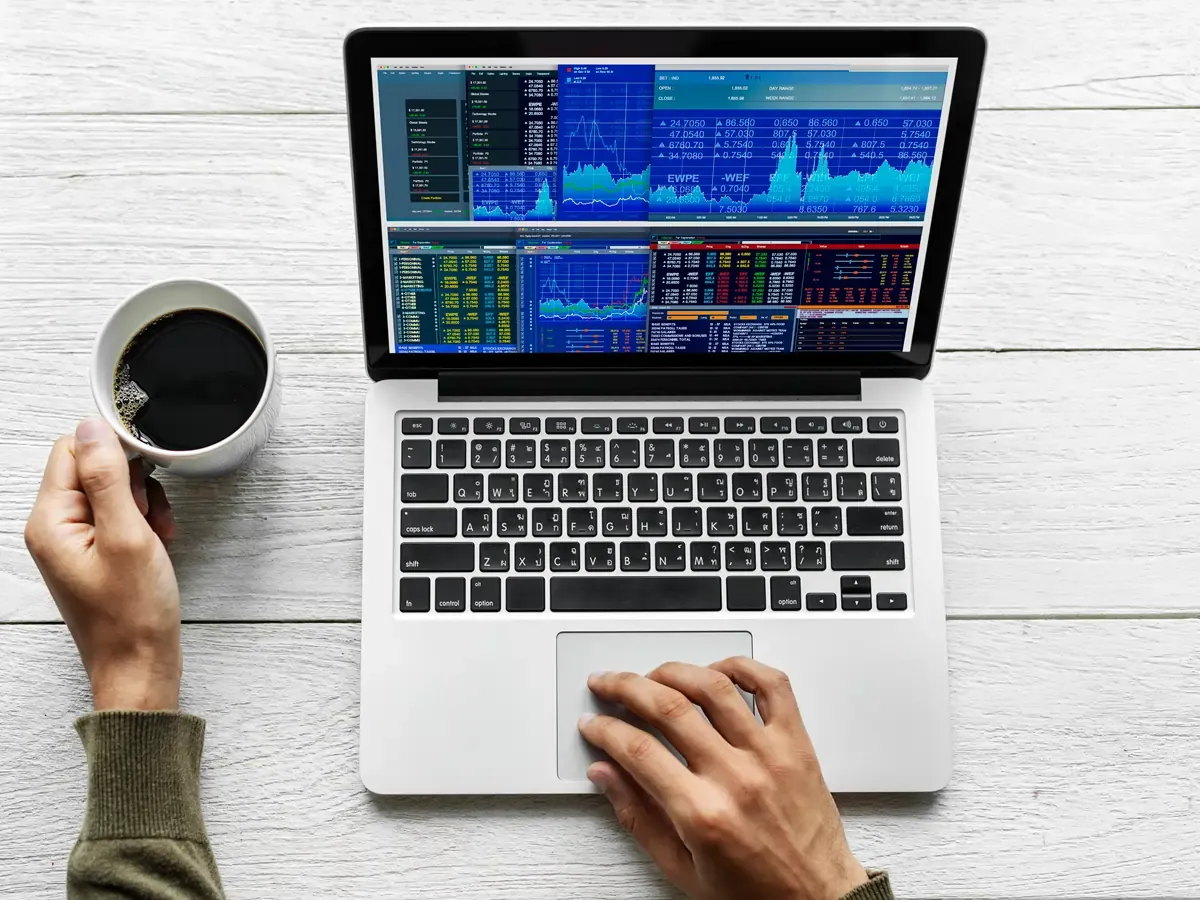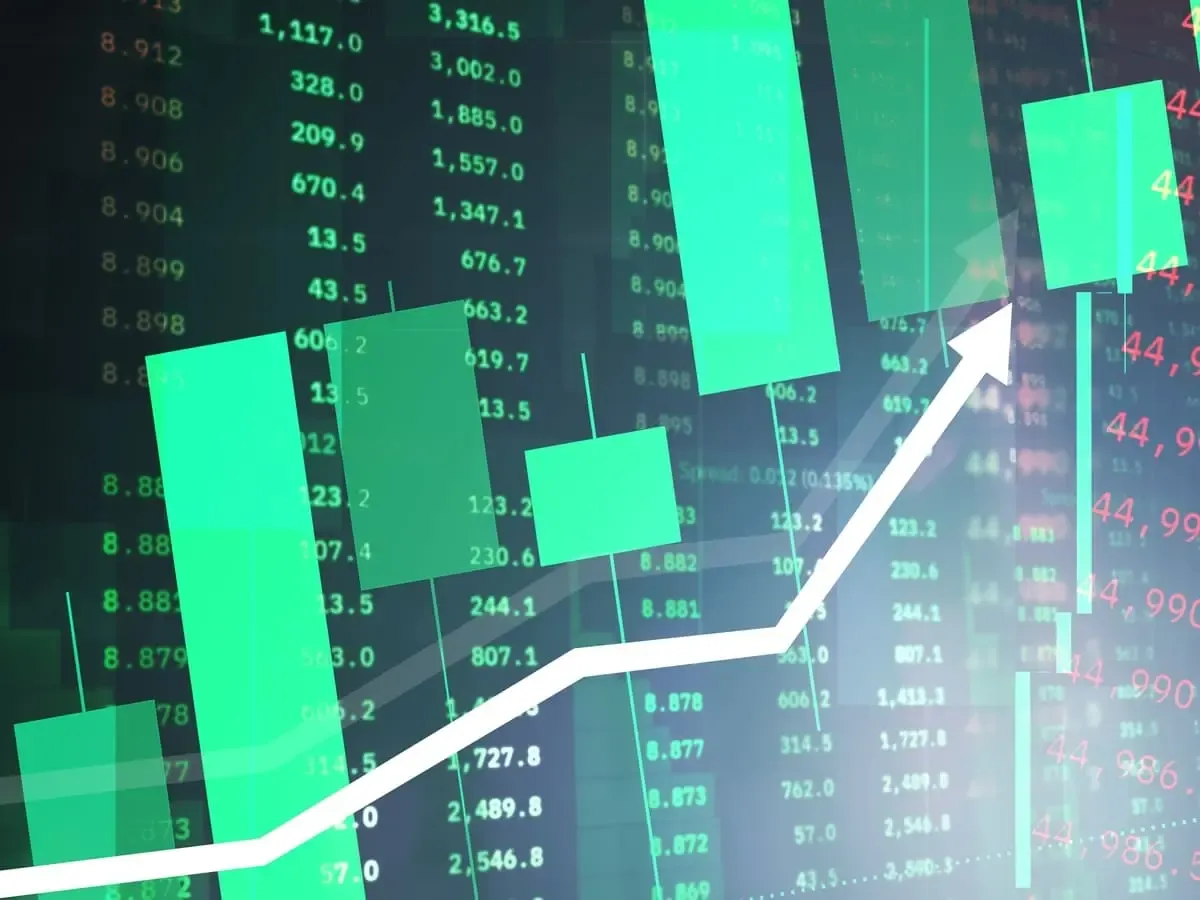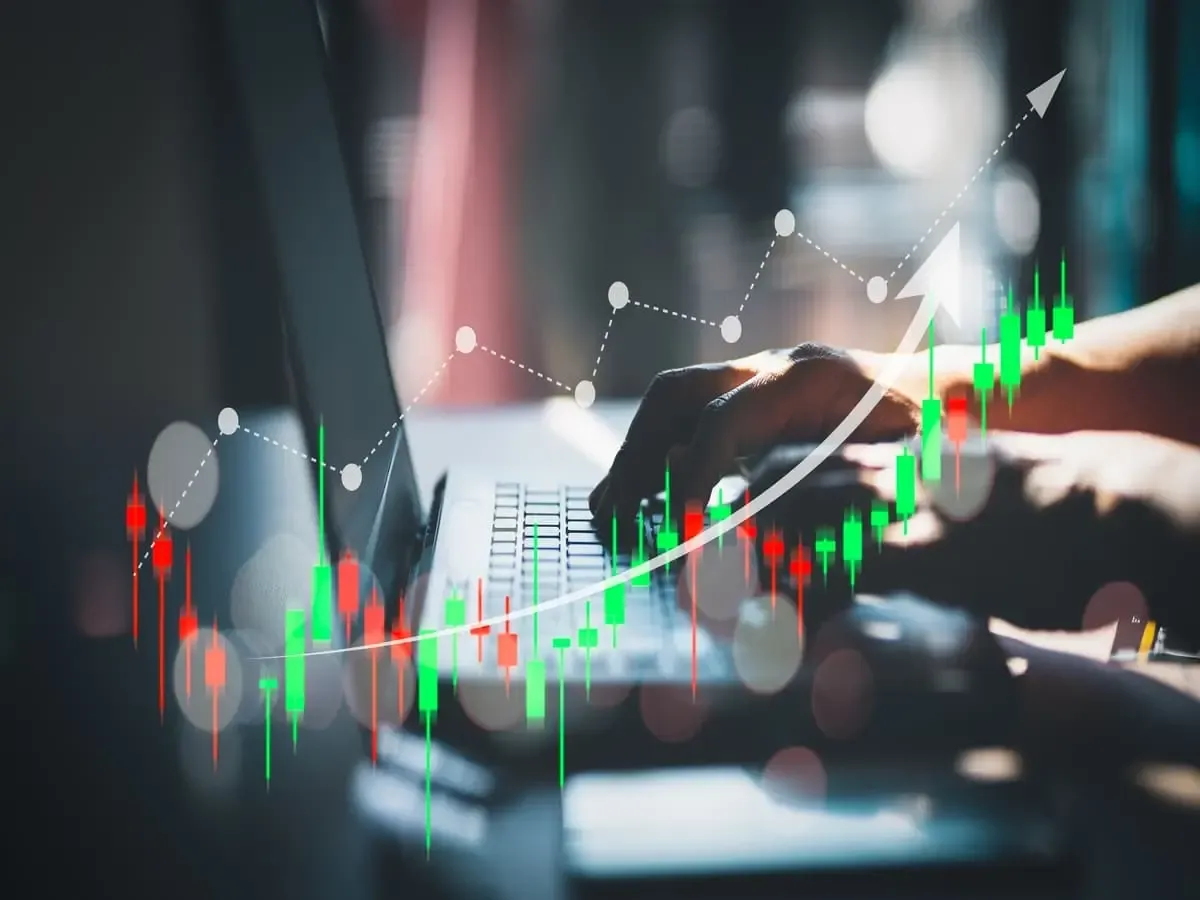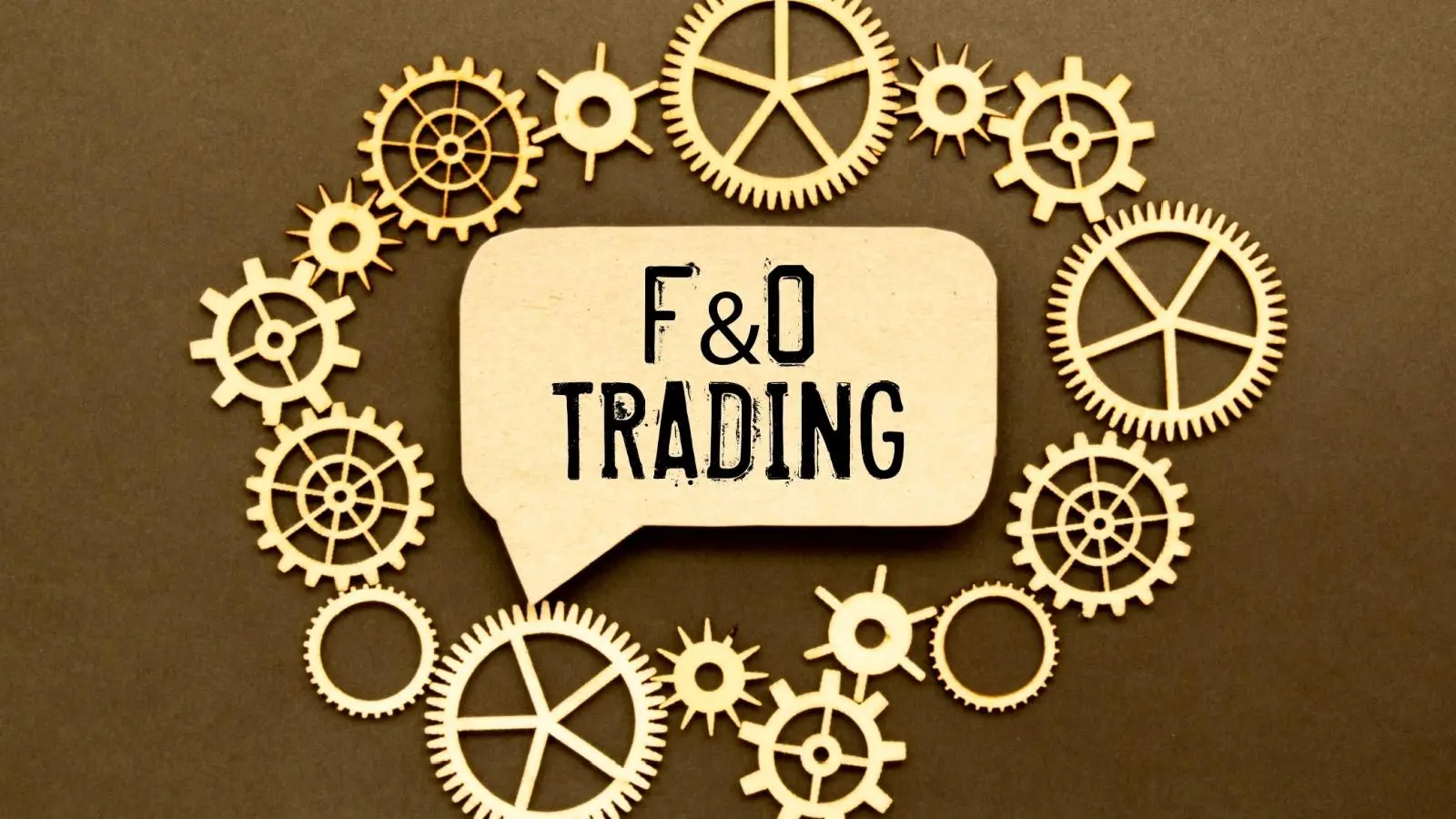What is Commodity Trading: Overview & Benefits of Investing
Written by Pradnya Surana
Published on December 18, 2025 | 4 min read

The petrol that you fill in your car, the wheat flour you purchase or the gold jewelry you adorn, all of it is a ‘commodity’. These commodities, everyday items like metals, grains, crude oil, etc, form the basis of the global economy. Trading of these physical commodities has been practiced since the inception of civilization.
In the twentieth century, commodities started being traded in financial markets and by the twenty first century entire commodity trading became electronic. In India, Multi-Commodity Exchange (MCX) started electronic commodity exchange. Lets understand in detail how commodity trading is facilitated and how it presents an opportunity for investors.
What is Commodity Trading?
Commodities, the everyday items you consume metals like gold, silver, and copper, energy products like crude oil and natural gas, and agricultural products like wheat, soybeans, and cotton. They are traded electronically through organised exchanges.
Most commodity trading today doesn't involve physical delivery of goods. Instead, traders buy and sell futures contracts. These contracts are standardised agreements to buy or sell a specific quantity of a commodity at a predetermined price on a future date. For example, one gold futures contract on MCX represents 100 grams of gold. You don't need to store physical gold; you are trading the contract itself and settling the difference in cash.
How Does Commodity Trading Work?
Say, a news article is making the rounds, you have analysed and then arrived at the conclusion that prices of crude oil are going to rise. So, you buy a crude oil futures contract today at ₹6,500 per barrel. If prices rise to ₹7,000 by the contract's expiry, you profit ₹500 per barrel. Conversely, if prices fall to ₹6,000, you lose ₹500 per barrel.
The beauty of futures trading is leverage, meaning, you don't pay the full contract value upfront. You only deposit a margin, typically 5-10% of the total value. You control large positions with relatively small capital.
Commodity trading serves two main purposes.
-
If you anticipate the price of a commodity is going to rise, you can buy a contract and lock in prices, a practice known as hedging. Conversely, a wheat farmer can sell wheat futures before harvest to guarantee a minimum price, protecting against future price drops. This is also hedging.
-
Speculation enables traders to profit from price movements without any intention of taking physical delivery. Most retail traders fall into this category.
Commodity Trading in India
In India, commodity trading primarily happens through two major exchanges regulated by SEBI (Securities and Exchange Board of India). The Multi Commodity Exchange (MCX) and the National Commodity and Derivatives Exchange (NCDEX). MCX, which began operations in November 2003, is a market leader with a 95.9% market share and specialises in metals and energy. NCDEX focuses mainly on agricultural commodities.
Benefits of Commodity Trading
Commodity trading offers a plethora of benefits, giving opportunities to protect and grow your wealth. They are:
Portfolio diversification
It is perhaps the most significant advantage. Commodities prices are not related to the prices of stocks and bonds. If at all, the relation is inverse. When equity markets fall due to inflation concerns, commodity prices like gold often rise, providing a natural hedge.
Inflation protection
As the cost of living rises, commodity prices typically increase proportionally. Gold is often called the ultimate inflation hedge. Its value remains steady when currency value declines.
High leverage opportunities
This allows traders to control large positions with small capital. But it is important to note that, as leverage can amplify profits, so can it amplify losses. A 5% price movement in your favour on a leveraged position can generate 50% returns on your margin, but the reverse is also true.
Transparent price discovery
Commodity trading happens through highly regulated and organised exchanges. Commodity exchange prices reflect genuine demand and supply dynamics, ensuring fair pricing.
Liquidity and accessibility
Major contracts like gold, silver, and crude oil trade with high volumes, allowing easy entry and exit. With online trading platforms, anyone can start commodity trading with a Trading account and Demat account, with relatively modest capital.
Trading flexibility
Commodity markets often operate beyond equity market timings. MCX, for instance, operates from 9:00am to 11:30pm. This allows traders to accommodate any developments in European, American or Middle East markets in their trading strategy.
Risk Involved in Commodity Trading
As with any trade, commodity trading comes with its own sets of risks. Metals like gold and silver which are tied with the economy, their prices are sensitive to geopolitical news. So are the prices of crude oil. Any unrest in the middle east can destabilise the oil prices. Agricultural commodities are perishable and are susceptible to getting spoiled by bad weather conditions. Again, if you are trading commodities by taking leverage, all these risks multiply.
Also, commodity futures have expiry dates and cannot be held indefinitely. You need to either settle the contract, or roll it over, both of which incur transaction cost.
Commodity trading presents a unique opportunity to invest in building blocks of the global economy. You don’t have to invest in physical goods but speculate the prices and just trade the contracts. To investors, it provides benefits like portfolio diversification, inflation protection and liquidity, all of it with regulated and secured trading platforms.
However, success requires staying updated, education, discipline and robust risk management.
About Author
Pradnya Surana
Sub-Editor
is an engineering and management graduate with 12 years of experience in India’s leading banks. With a natural flair for writing and a passion for all things finance, she reinvented herself as a financial writer. Her work reflects her ability to view the industry from both sides of the table, the financial service provider and the consumer. Experience in fast paced consumer facing roles adds depth, clarity and relevance to her writing.
Read more from PradnyaUpstox is a leading Indian financial services company that offers online trading and investment services in stocks, commodities, currencies, mutual funds, and more. Founded in 2009 and headquartered in Mumbai, Upstox is backed by prominent investors including Ratan Tata, Tiger Global, and Kalaari Capital. It operates under RKSV Securities and is registered with SEBI, NSE, BSE, and other regulatory bodies, ensuring secure and compliant trading experiences.



















